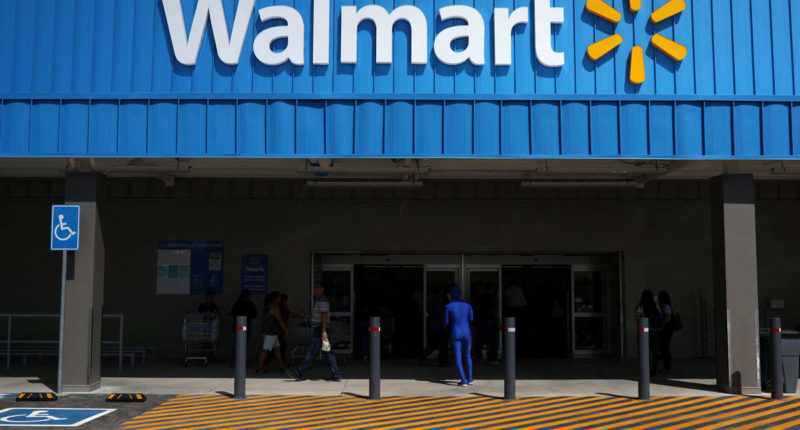The race for the metaverse is getting intense. Facebook started it all when it brought the metaverse into the forefront for the first time, and now, companies such as Nike, Bumble, Disney, and others are throwing their hats in the ring. This time, the list includes legacy retail giant Walmart.
That’s right, Walmart is gearing up to enter the race and claim its own corner of the metaverse.
According to several trademark applications filed by the company (via CNBC), Walmart is looking to sell virtual goods, including electronics, toys, appliances, sporting equipment, apparel, home decor, and more. If that is not all, it is also looking to establish its own NFTs and cryptocurrency.
Metaverse has been the keyword that has been going around ever since Facebook unveiled its intentions to create it (it even rebranded itself). It is Mark Zuckerberg’s vision of the future of the internet, combining AR and VR technology to create a single, universal, 3-D virtual world that is facilitated by the use of virtual and augmented reality headsets. Unsurprisingly, the reveal of the metaverse turned many heads last year, and now more and more companies are entering the race.
You may remember that Nike was gearing up for the metaverse as it filed several new trademarks last year to make and sell virtual branded sneakers and apparel. It also created Nikeland, an online world created with the backdrop of its very own world headquarters and inside Roblox’s 3D space. Walmart is not the last company to enter the race, and it is unlikely that it will be the last.
There are skeptics of the metaverse, of course, but it could be an $8 trillion opportunity (according to analysts at Morgan Stanley). The boom in e-commerce brings hope that Walmart would be successful in carving its niche in the metaverse. The retail giant clocked $11.1 billion in sales in its third-quarter in 2021.
It seems that Walmart had filed for several trademarks on December 30 for its plans to start selling virtual products, offer customers its very own cryptocurrency, and buy and sell non-fungible tokens, or NFTs. According to the US Patent and Trademark Office, the company filed seven separate applications on that day.
Another application detailed possible “physical fitness training services” and “classes in the field of health and nutrition” that could probably take place in AR and VR environments. The company said that it was continuously exploring how emerging technologies may shape future shopping experiences.
